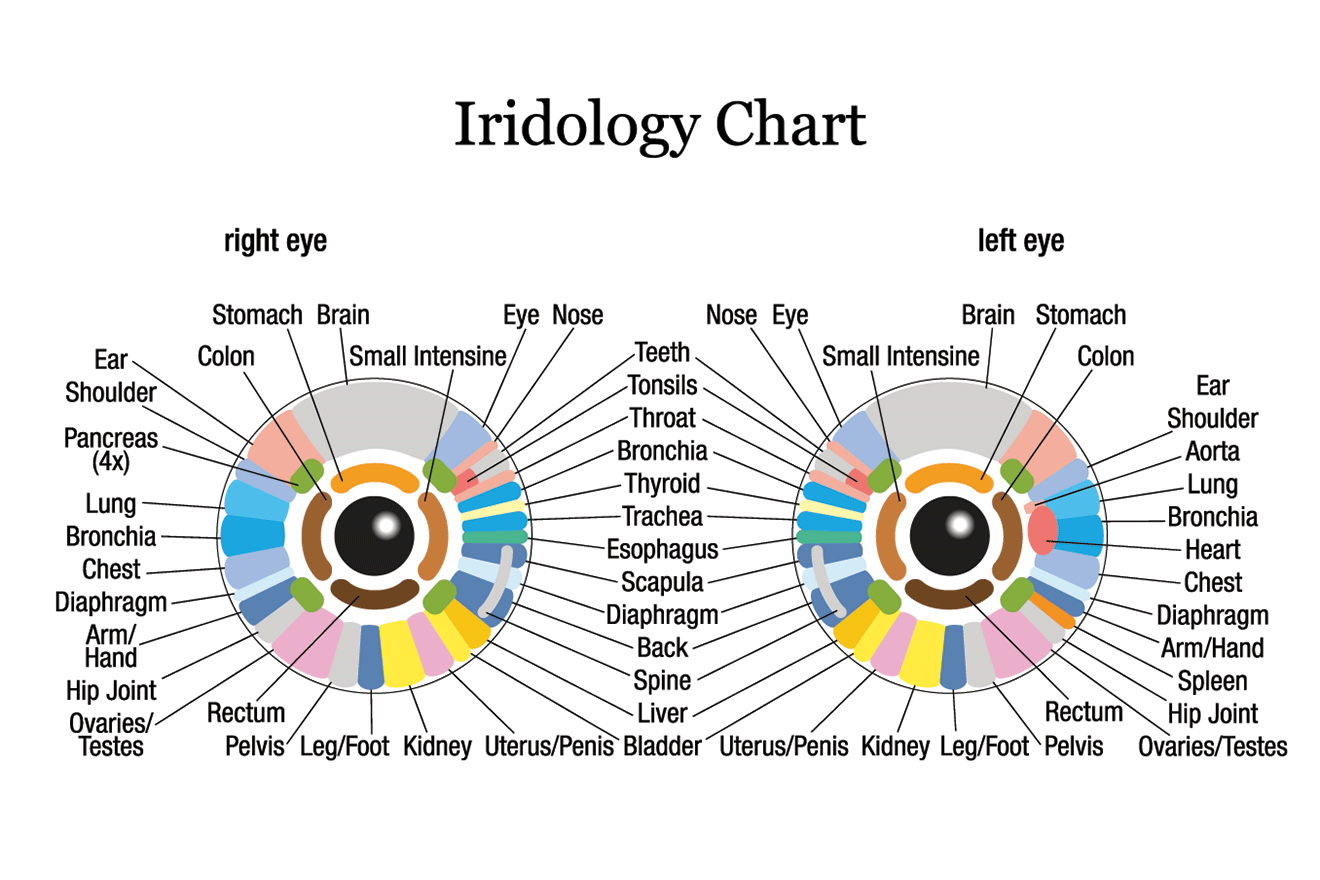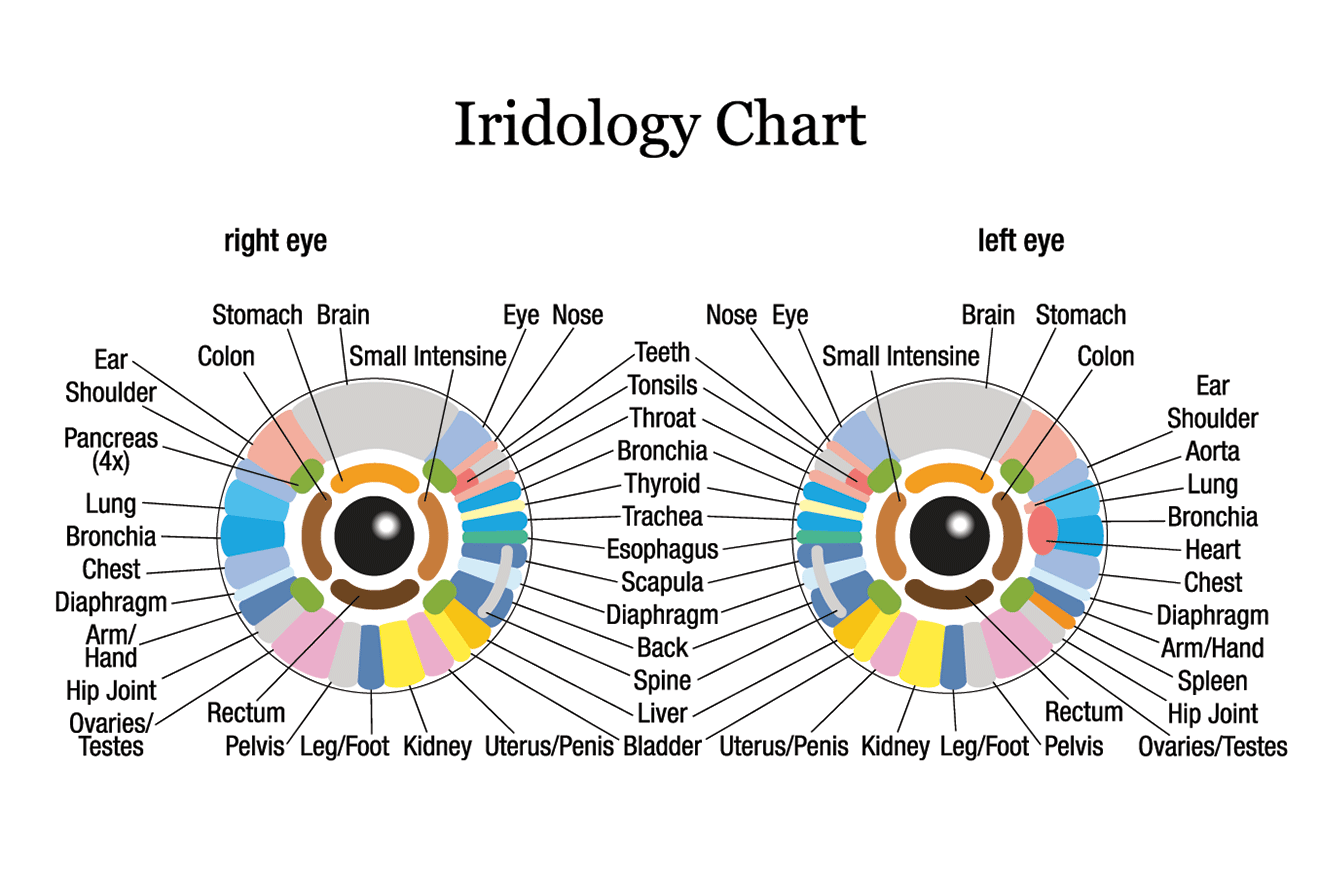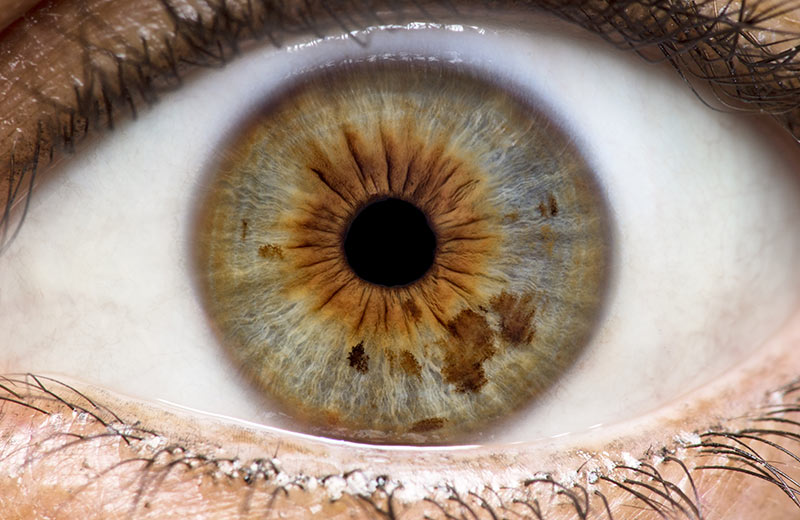Address
6050 N 9th Ave Suite D Pensacola FL 32504
Work Hours
Mon: 10am – 6pm
Tues: 10am – 6pm
Wed : 9am – 4pm
Thurs: 9am – 12pm
Fri - Sat- Sun: Closed
Address
6050 N 9th Ave Suite D Pensacola FL 32504
Work Hours
Mon: 10am – 6pm
Tues: 10am – 6pm
Wed : 9am – 4pm
Thurs: 9am – 12pm
Fri - Sat- Sun: Closed

Are you curious about iridology and want to separate fact from fiction? Look no further! In this article, we will debunk common myths and misconceptions about iridology, allowing you to gain a better understanding of this fascinating alternative health practice. It’s time to set the record straight and explore the truths behind iridology. So, let’s dive in and discover the real facts together!
Iridology is an alternative health practice that involves studying the iris, or the colored part of the eye, to gain insights into a person’s overall health and well-being. While this practice has been around for centuries and has helped many individuals, there are still several myths and misconceptions surrounding iridology. In this article, we will address some of the common misconceptions about iridology and provide accurate information to help you understand this fascinating practice.

This image is property of images.ctfassets.net.
One of the most common myths about iridology is that it is not supported by scientific evidence. While it’s true that iridology may not be widely recognized by the mainstream medical community, there is a growing body of research that suggests a correlation between the markings in the iris and various health conditions. Studies have shown that certain patterns and discolorations in the iris can be indicative of underlying health issues. However, it is important to note that iridology should not be used as a standalone diagnostic tool, but rather as a complementary practice to conventional medicine.
Another misconception about iridology is that it can diagnose specific diseases. While iridologists may be able to detect signs of potential health imbalances or weaknesses in the body, they cannot provide a specific diagnosis for a particular disease. The markings and patterns in the iris can provide valuable insights into a person’s overall health and well-being, but it is important to consult with a qualified healthcare professional for a definitive diagnosis.
This image is property of imgv2-2-f.scribdassets.com.
Some people believe that iridology is solely based on genetics and that the markings in the iris are predetermined from birth. While there may be certain hereditary factors that can influence the appearance of the iris, it is important to note that iridology takes into consideration both genetic and environmental factors. Lifestyle choices, diet, stress levels, and other external factors can also affect the health of the body, and these factors may be reflected in the iris.

This image is property of justjensen.co.
It is essential to understand that iridology is not a quick fix for health issues. While it can provide valuable insights into a person’s overall health and well-being, it should be used as a part of a holistic approach to health. Iridologists may provide recommendations and guidance based on the findings in the iris, but it is important to follow up with appropriate medical professionals and make necessary lifestyle changes to address any underlying health concerns.

This image is property of qph.cf2.quoracdn.net.
Some individuals believe that iridology is not suitable for children or pregnant women. However, iridology can be beneficial for individuals of all ages, including children and pregnant women. By identifying potential health imbalances or weaknesses early on, iridology can help promote overall well-being and support the body’s natural healing processes. It is important to consult with a qualified iridologist who specializes in working with children or pregnant women for the best results.

This image is property of blog.v2.centreofexcellence.com.
Another common misconception about iridology is that it is an expensive and inaccessible practice. While the cost of an iridology consultation may vary depending on the practitioner and location, it is important to remember that investing in your health is always worthwhile. The benefits of gaining insights into your overall health and well-being through iridology can be invaluable. Additionally, there are practitioners like Holly Gibson at Emerald Coast Holistic Health who strive to make iridology and natural health services accessible to individuals from all walks of life.
In conclusion, there are several myths and misconceptions surrounding the practice of iridology. It is important to separate fact from fiction and approach iridology with an open mind. While iridology may not be widely recognized by the mainstream medical community, it has helped many individuals gain valuable insights into their overall health and well-being. By consulting with a qualified iridologist and maintaining a holistic approach to health, you can empower yourself to make informed decisions about your well-being. Remember, your health is your most valuable asset, and exploring alternative practices like iridology can be a stepping stone towards a healthier and more fulfilling life.